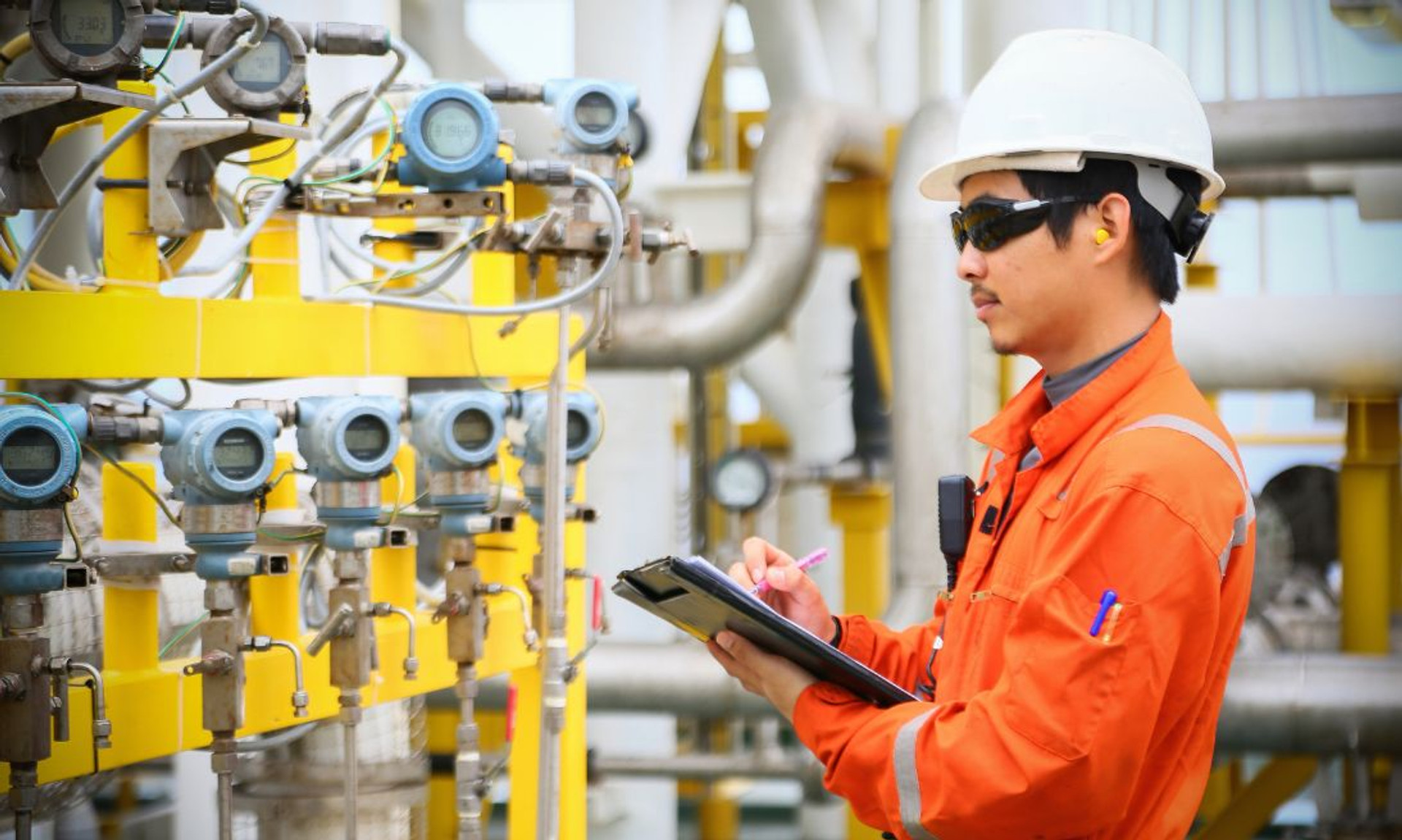Specialty Gas Monitoring Equipment: What To Know
When dealing with gases, whether they’re dangerous or completely harmless, you’ll want to be able to keep track of how much you’re using and if any of it has leaked out of its container. This is especially true of specialty gases since this gas is so concentrated.
Regardless of what you need it for, having the proper equipment is essential for keeping track of your gas. Before you buy anything for doing this, read this list of what you need to know about specialty gas monitoring equipment will help ensure you make the right purchase.
Make Sure It’ll Work for Your Gases
When it comes to detectors and regulators, not all of them will work with all kinds of gases. Detectors, in particular, are usually made to identify specific types of gases. If you need to watch out for leaks from multiple kinds of gases, you’ll need a specialized detector that can track them all or multiple dedicated ones that only track a few.
As for specialty gas regulators, you can use most of them universally. However, if you use a gas that reacts with certain types of metals, you’ll need a regulator made out of something else. Two of the more common metals used for these pieces of equipment are brass and chrome.
Check the Measuring Ranges
The tricky thing about gas is that it quickly mixes with other elements in the air, making it difficult to detect. That’s why one thing you need to know when buying specialty gas monitoring equipment is that you need to take note of your future equipment’s measuring ranges.
For specialty gas regulators, you’ll usually want a sensor with a high pounds per square inch (psi) indicator. These can reach up to 4000 psi in some cases. As for gas detectors, you’ll need something that can reach high levels in the parts-per-million (ppm) unit. Anything over 300 ppm will usually do the trick.
Look for Emergency Features
Unfortunately, things won’t always go according to plan when it comes to handling gases. That’s why you need your gas monitoring equipment to have emergency features. These are most important for detectors since they need to tell you when there’s too much harmful gas in the air. Something with an alarm that can notify other devices is usually ideal.
One thing to note about specialty gas regulators is that they don’t need emergency features because they aren’t designed to keep people out of danger. However, having a built-in shut-off valve can help save you money if gas starts leaking out.

